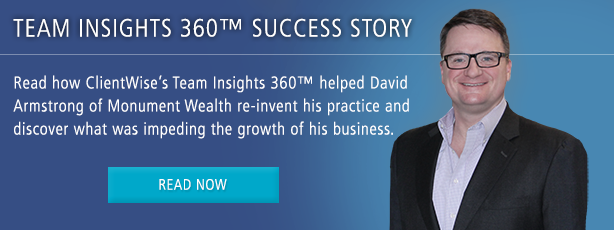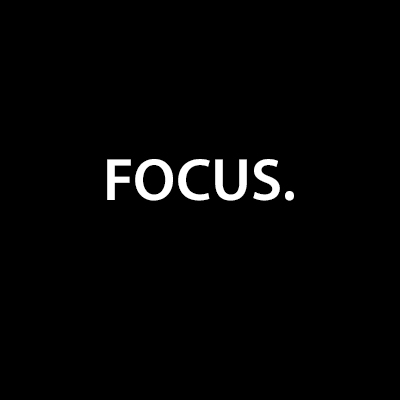7 Incredible Time Management Insights for Financial Advisors
Time is the ultimate equalizer for financial advisors, or any business owners for that matter: No matter how many or how hard the challenges we face, and how many or how incredible the successes we have, in the end it really comes down to how we manage our time. Time management is one of the most requested topics we hear from our clients, because, as Brian Tracy points out in his best-selling book on productivity, Eat That Frog, time-management is really about life-management. Applying some of the tips from Tracy’s book below will give you an edge when it comes to managing your time, your business, and ultimately your life.
Clearly articulate your future goals: This is so important. It’s the first point in Tracy’s book, and the item on which he bases everything else. Articulate your goals in writing with a deadline and sub-deadlines, and include within that everything you will have to do to achieve those goals. Make this a working document and continue to add to it as you flesh out your goals.
Plan: One of the biggest time-wasters of all is simply failing to plan. As Tracy states, “Every minute you spend planning saves ten minutes of execution.” It takes ten minutes to plan out your day, but this will save you 120-200 minutes in execution.
Create processes: While less of a focus in Tracy’s book, establishing processes is something we spend a lot of time on with our advisor clients. Once you’ve established a routine that helps you accomplish the smaller tasks toward achieving your goals, capture these and find ways to repeat them. These are frequently related to running your business: Tasks such as client acquisition, client onboarding strategies, and operations. However, they can also pertain to things like developing your intellectual property to create a platform for writing and speaking engagements.
Procrastinate creatively: It’s human nature to put things off, but have you ever considered just shifting what you are putting off? Your desire to procrastinate doesn’t have to be fulfilled by pushing off your most important tasks, try procrastinating on the less important things first.
Resist the temptation to clear up small things first: To do list items like answering emails or making phone calls are satisfying tasks because you can accomplish them quickly, but they are rather small in the scheme of things. Unless it’s a particularly harrowing phone call or email that requires more of your attention and brain power, try putting off these smaller tasks until later in the day. Tackle the tasks that take more of your mental energy early on. This will provide a sense of accomplishment that will fuel your ability to get through the smaller tasks you’ve left to the end quickly and efficiently. If you have something bigger hanging over your head while you’re trying to do these smaller tasks you may find yourself distracted from even the simplest things.
Realize the role of perception: Sometimes the things we perceive to be the most difficult are actually just a result of our mind playing tricks on us to aid and abed our avoidance of those tasks. The next time you are really avoiding an item on your to do list, ask yourself how real your reasons are for not tackling it. When you break these down, you might find they hold less weight than you initially perceived.
Think long-term: This is not just about picturing your future, it’s about determining what’s important to achieve that future RIGHT NOW! You should constantly be asking yourself “What is the most effective thing I can be doing right now to achieve my goal? Of course, the answer to this can seem overwhelming if you aren’t referring back to your list from step one and your plan from step two. All these elements are important factors in keeping you on track without becoming overwhelmed. Look at your list and take action. Every time you waver on competing a task, consider the potential consequences for the long-term. You might gain an extra hour of sleep in the moment, but you’ll set yourself back from completing a huge chunk of an important task toward your goal and set yourself back at least another day. Always ask yourself: “What is the most valuable use of my time right now?”
Remember that more often than not what differentiates a successful person from an unsuccessful person is the ability to take action. So which of the above are going to help you take action today?
Topics: Operations



